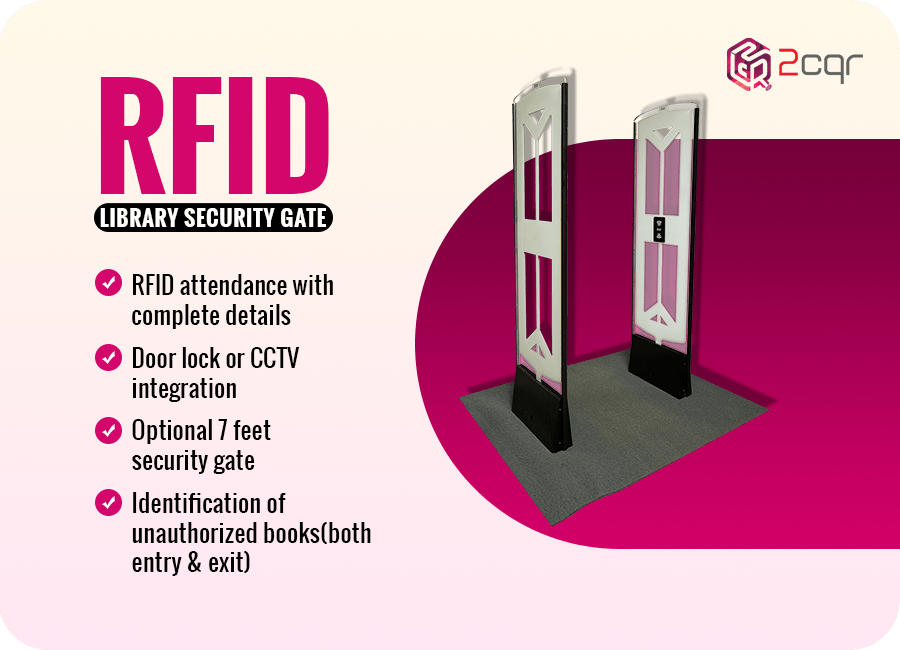
The adoption of RFID technology in libraries has revolutionized the way library operations are managed. One key component that plays a crucial role in the smooth execution of these operations is RFID tags or RFID chips.
Let’s explore the various applications and advantages of RFID tags in libraries.
Check-In and Checkout:
RFID tags enable efficient and hassle-free check-in and checkout processes in libraries. Self-service kiosks, book return stations, and drop boxes equipped with RFID readers can quickly scan the RFID tags on books and resources, allowing for multiple check-ins and check-outs simultaneously. This not only reduces waiting times for patrons but also enhances the overall user experience.
Database Updates:
With RFID technology in libraries, library databases can be automatically updated without the need for additional manual data entry. The data stored and transmitted from the RFID tags during book issues and returns can be seamlessly integrated into the library database, ensuring accurate and up-to-date information.
Anti-Theft Protection:
RFID readers strategically placed throughout the library act as a security measure against theft. by trigger an alarm when an unrecorded check-out is detected by scanning RFID tags embedded in books and resources, alerting library staff to address the issue promptly. This anti-theft feature provides peace of mind for librarians and secure the valuable resources.
Inventory Management:
RFID tags in library greatly simplifies inventory management in libraries. Each book or resource is equipped with an RFID tag that contains information relevant to the book including its actual placement with which librarians can easily identify misplaced or missing books with hand held readers saving valuable time and effort in locating and organising the inventory.
Automated Shelving:
RFID tags play a vital role in automating the shelving process. Intelligent shelves equipped with RFID technology can detect and arrange returned books based on the information stored in the RFID tags. This eliminates the need for manual sorting and ensures that books are placed in their correct locations efficiently.
Conclusion:
By harnessing the power of RFID technology, libraries can optimise their processes, enhance user experiences, and improve overall operational efficiency. Embracing RFID tags in library management is a significant step towards creating a modern and efficient library environment.



1 comment on “Applications of RFID Tags in Libraries for Enhanced User Experience & Effective Library Management”